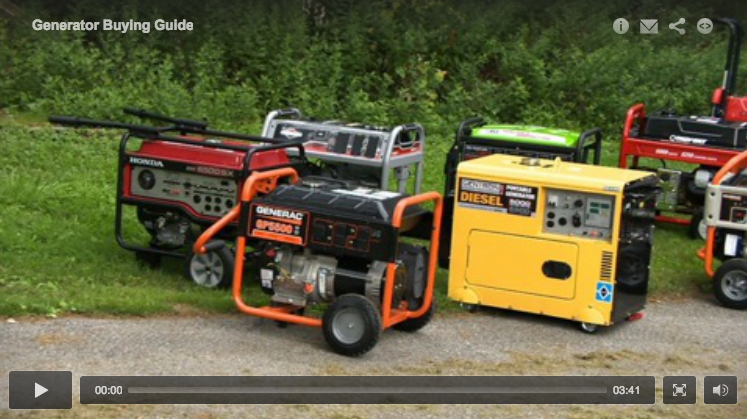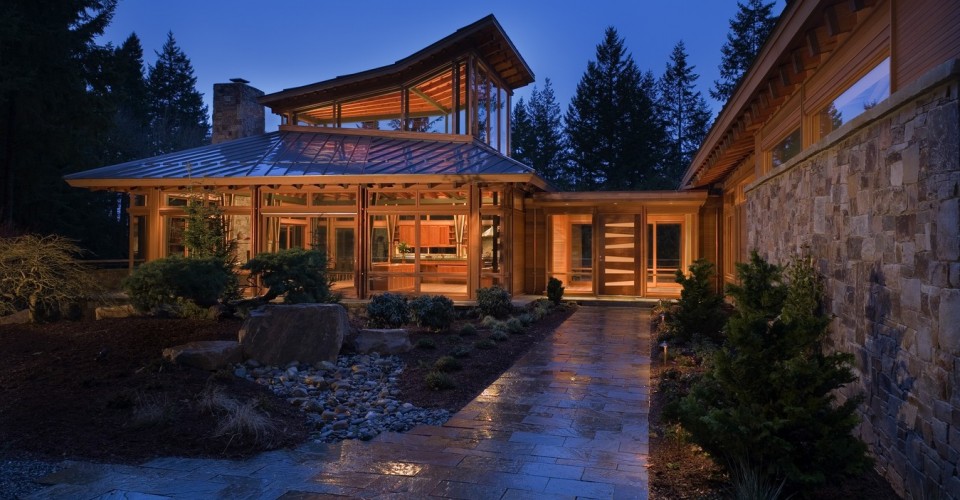A generator is a machine that creates energy for the home and allows the homeowner to power up appliances or have access to electricity. If you live in a region where regular power outages occur, you may already be familiar with generators. If you aren’t familiar with how they work or which type to purchase, there are essentially two types of generators for residential applications: portable generators and stationary generators.
Consumer Reports conducted research on several different models in both categories and tested their wattage, performance, additional features and reliability. Like most major appliances, there are pros and cons for all the models tested, but this report and the accompanying video (see below) are a great place for consumers to start their research process. Finding a generator service provider on Porch is another great place to start your search. A professional can assess the wattage needs of your home and will have great expertise regarding the pros and cons of various models.
Portable or plug-in generators
A portable generator is a mobile appliance, meant to be wheeled in and out of storage when not in use. Portable generators run on gasoline or propane and you’ll want to make sure you have enough gallons on hand for unexpected power outages. These models can be great for occasional uses but might not be great for long-term outages or regular outages. They are less expensive than a stationary generator but may require many gallons of fuel and misuse of this generator is often the source of accidental carbon monoxide poisoning and death. This type of generator is quite loud and you’ll need to be responsible for maintaining and connecting this device. Cost: Anywhere from $400 – $1000 for the machinery
Stationary or standby generators
Although much more expensive than a portable generator, the fact that this type of generator can be permanently connected to the home (an auto-switch can ensure no interruption of electricity) and connected to a natural gas line makes this the most convenient type of generator. Homeowners also like not having to stockpile gasoline or propane as well as the fact that this type of generator will kick in even when no one’s home. Because these machines are more complex, they should always be installed and serviced by a professional. Cost: Around $5000 – $10,000
The dangers of carbon monoxide
Carbon monoxide poisoning is a very real danger during power outages and is often the result of misuse of the generator. Keeping a generator inside (or even starting your generator in an enclosed area) can quickly lead to poisoning and death. Some homeowners think that using a gas grill or BBQ grill indoors will keep them warm but it can also lead to accidental fires or carbon monoxide poisoning.
One study reports that “the most common cause of disaster related carbon monoxide poisoning was generator use accounting for 54% of non-fatal cases and 83% of fatal cases. Other causes of carbon monoxide poisoning during disasters included heaters, stoves and grills.”
Power loss and stress
Keep in mind the effect of stress during a power outage: homeowners may feel trapped, disconnected, and unsafe during episodes of power outages. Home security systems can fail without power, so can sump pumps, refrigerators or important health equipment. Absence of other comforts such as using the computer, inability to cook or loss of heating or cooling can make life incredibly unsettling. If your home regularly experiences power outages, you may want to look into purchasing a generator for your home. Read more about how to prepare and plan for a power outage.

View this helpful Consumer Reports generator video here.
Image credit: FINNE Architects




